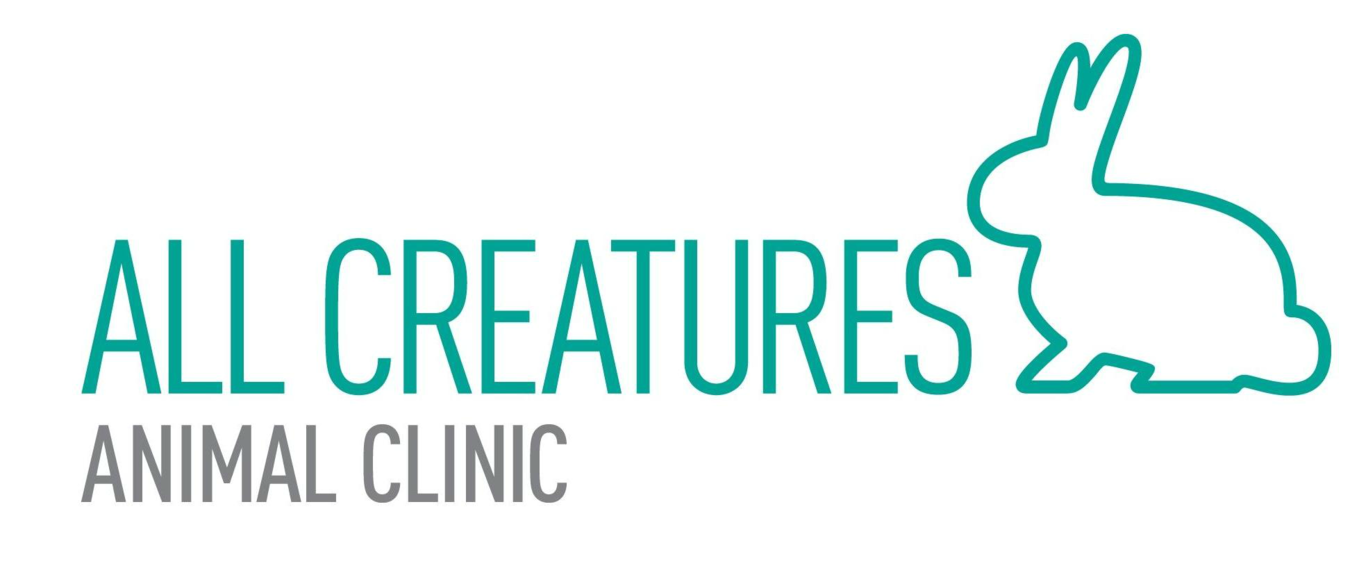CARE OF DRAGONS
(Draconis occidentalis, Draconis orientalis )
Feeding
Eastern/Wvyrn:
- Carp
- Swordfish
- Beluga
- Tuna
- Manatee
- Seal
- Salmon
- Sea Lion
- Human (Wvyrn)
Be cautious with high mercury levels in fish-eating species (predator species monthly at most)
Live feeding of humans is controversial and illegal in most areas
Feeding frequency:
Juveniles- all species: Daily (meat must be pre-cooked for firebreathing species)
Western/Wvyrn adult: 1-2 times per week when not in hibernation.
Eastern adult: Every 5-10 years
Western:
- Elk
- Deer
- Cow
- Sheep
- Moose
- Human
- Rabbit
- Goat
- Horse
“Here’s a tip: Provide a large shallow pool of water that your dragon can fit most of their body into. Soak your dragon in chest-deep lukewarm water 45-60 minutes 1-2 times per week. ”
Housing
- Minimum enclosure size is 50 x 50 x 20 feet with a 10 x 15 foot entrance
- High humidity is necessary and can be accomplished with misters or waterfall
- A hygrometer should be used to ensure ambient humidity of 50-75%
- Western and Wyvern species require a treasure hoard to sleep on
- Allow your dragon to select its own treasure items to ensure acceptance
- Substrate- large rocks should be provided at all times- no heating element is required
- We recommend solo housing of dragons or housing in bonded pairs
- A named river or body of water must be provided within 50 feet of the main dwelling
- Generous supplies of phosphate minerals must be kept in western dragon enclosures
- Lazulite, turquoise, struvite, autunite, hydroxylapatite, bromapatite, fluorapatite
Lighting and Temperatures
- Ambient daytime temperature should be 45-65 degrees F for most species
- For non-firebreathing species, a ventral heat source of 130-150 degrees should be provided
- Natural sunlight exposure is necessary on a daily basis when not in hibernation
Behavior and Enrichment
- As highly intelligent and long-lived species, providing enrichment is vital to overall health
- Suggested activities: Higher education, Metal smithing, Writing, Aquaculture, Rampaging (Western), Etymology, Heraldic arts, Genealogy (Eastern)
- Eastern species should be afforded spiritual enrichment: mediation, worship rituals, prayer
- All bodies of water associated with your dragon must be kept in immaculate condition
Medical
- We recommend physical examination every 5 years
- Mercury screening should be performed on pescivorous species every 5-10 years
- Yearly fecal examination is recommended for Western/Wvyrn species
- Do not disturb your dragon during hibernation- provide large stores of food upon emergence
- Live feeding of humans can attract potentially lethal predators: heroes, saints, minor deities
- Common signs of illness include: weight loss, not eating, darkened scale color, oral ulceration, loss of fire-production, respiratory or ocular discharge, depression, poor egg quality or lack of hatching, scale rot and scale loss- call for immediate veterinary assistance if you are concerned
- Replacing damaged or missing scales through "imping" can be life-saving
- Wing injuries are common and require immediate surgical attention for good outcomes
- Pet insurance is not available for dragons
Human Health Risks
- Extreme caution should be taken with all new introductions- severe injury or death can occur
- We strongly recommend home insurance that includes fire, flood and earthquake coverage
- In case of injury, avoid contact with your dragon's blood
Resources
All Creatures Animal Clinic: Your Dragon Vet Specialists! 734-973-1884
Mineral and Gem Sources: The Rock Warehouse
Treasure sources: Sedwick Coins, Princess Jewelry
Home Insurance: Nationwide
Housing: Caves for Sale


